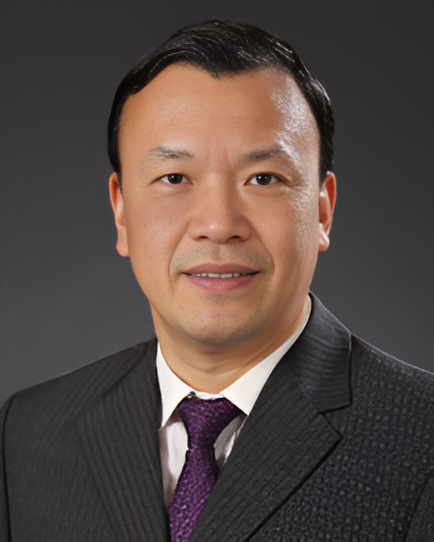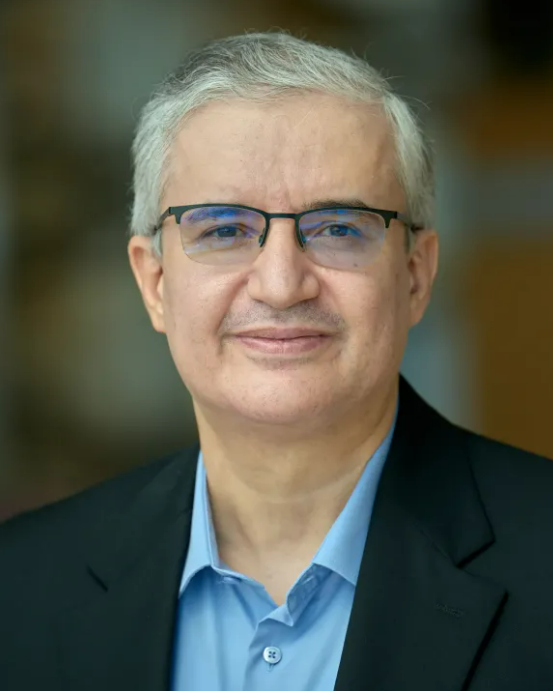 Prof. Mohamed-Slim Alouini H-index: 136 IEEE Fellow, SPlE Fellow, AAlA Fellow King Abdullah University of Science and Technology, Saudi Arabia |
Biography:
Mohamed-Slim Alouini, was born in Tunis, Tunisia. He earned his Ph.D. from the California Institute of Technology (Caltech) in 1998 before serving as a faculty member at the University of Minnesota and later at Texas A&M University at Qatar. In 2009, he became a founding faculty member at King Abdullah University of Science and Technology (KAUST), where he currently is the Al-Khawarizmi Distinguished Professor of Electrical and Computer Engineering and the holder of the UNESCO Chair on Education to Connect the Unconnected. Dr. Alouini is a Fellow of the IEEE, OPTICA, and SPIE and his research interests encompass a wide array of research topics in wireless and satellite communications. He is currently particularly focusing on addressing the technical challenges associated with information and communication technologies (ICT) in underserved regions and is committed to bridging the digital divide by tackling issues related to the uneven distribution, access to, and utilization of ICT in rural, low-income, disaster-prone, and hard-to-reach areas.
 |
Prof. Zhaocheng Wang IEEE Fellow/AAIA Fellow/AIIA Fellow/IET Fellow Tsinghua University, China |
Biography: Prof. Zhaocheng Wang, Tenured Professor and Doctoral Supervisor at Tsinghua University, is an IEEE Fellow, AAIA Fellow, AIIA Fellow, and IET Fellow. He is recognized as a Highly Cited Researcher by Clarivate Analytics in the Web of Science, and has been selected as a National Leading Talent (Shenzhen). His long-term research focuses on millimeter-wave/terahertz communications, artificial intelligence, and wireless optical communications for 6G, supporting applications such as high-definition video, virtual reality, and holographic imaging. Key academic contributions include: 1) proposing orthogonal pilots in both time and frequency domains for OFDM, enhancing system diversity performance, which has been adopted by international standards including WiFi and IEEE 802.11; 2) introducing the concept of multi-beam adaptive reflection tracking for millimeter waves, achieving a breakthrough in overcoming technical bottlenecks such as signal blockage by the human body and ensuring robust reception for high-quality video user experience; 3) developing the layered ACO-OFDM (LACO-OFDM) modulation scheme for wireless optical communication, which effectively utilizes the traditionally unused even subcarriers in conventional ACO-OFDM, nearly doubling spectral efficiency without requiring DC bias. He has led projects under the National 973 Program, 863 Program, Key Projects of the National Natural Science Foundation of China, as well as industry collaborations with Qualcomm, Huawei, Sony, ZTE, and NTT DOCOMO. He holds 66 authorized U.S./European patents (including 23 as the first inventor) and 45 authorized Chinese patents, with several U.S./European patents adopted by international standards such as WiFi. He has published over 300 SCI-indexed papers in journals including Nature sub-journals and IEEE JSAC, accumulating over 13,000 citations on Web of Science and 23,000 citations on Google Scholar. His awards include the First Prize of the National Scientific and Technological Progress Award, First Prize of the Chinese Institute of Electronics Science and Technology Award, First Prize of the Guangdong Provincial Science and Technology Award, and First Prize of the Chongqing Municipal Science and Technology Award.
 |
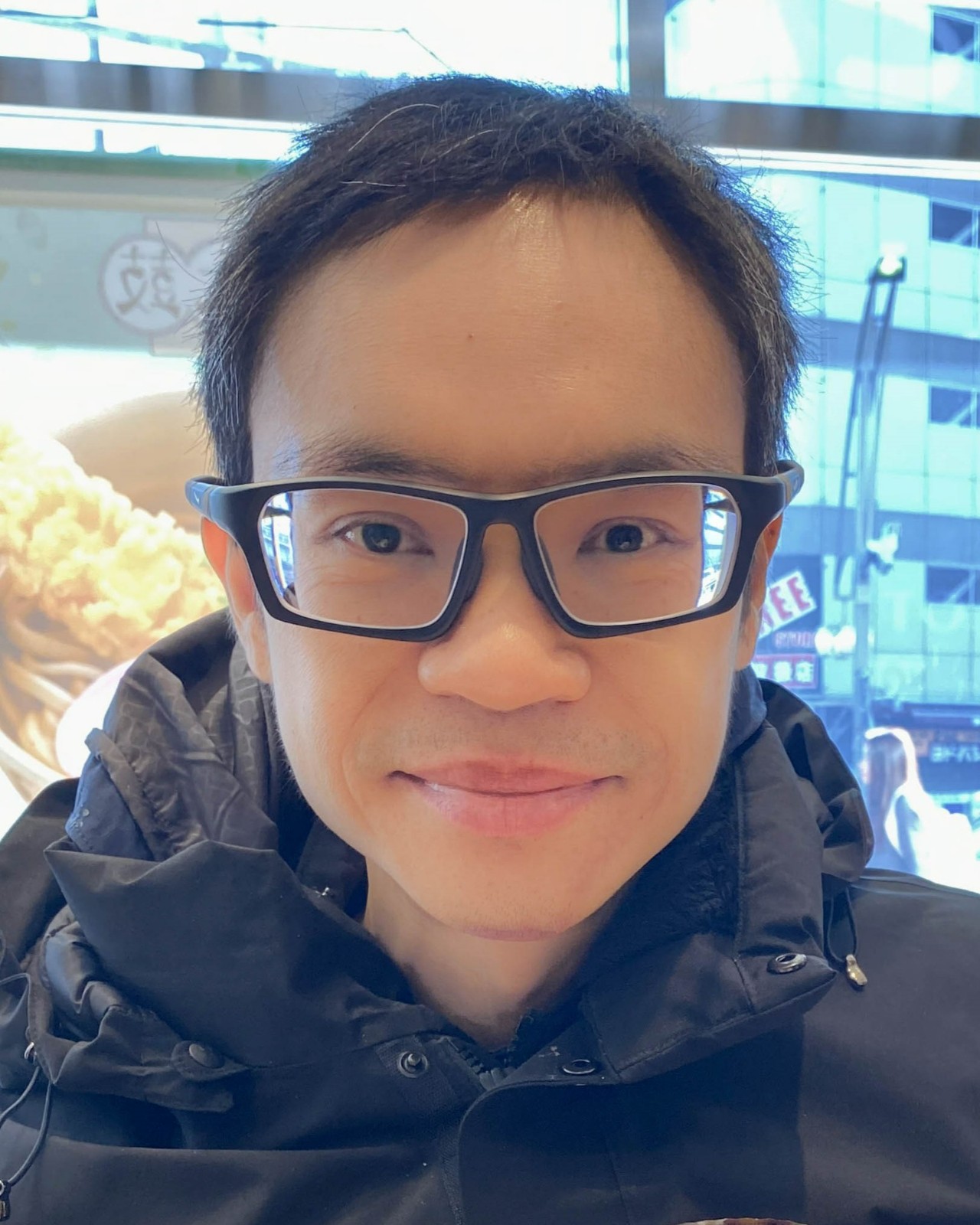 Prof. Dusit (Tao) Niyato IEEE Fellow, IET Fellow Nanyang Technological University (NTU) |
 |
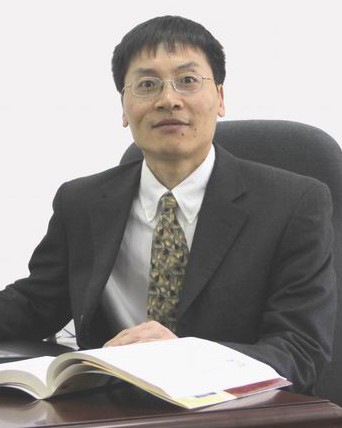 Prof. Zhengyuan Xu University of Science and Technology of China |
 |
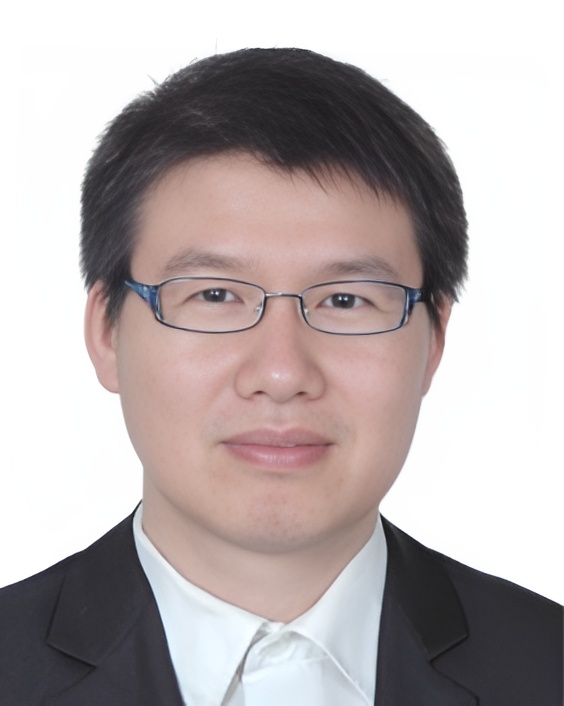 Prof. Liang Yang H-index: 41 Hunan University, China |
Biography: Professor Liang Yang, born in 1977, is a Professor and Doctoral Supervisor. He received his Ph.D. degree from Sun Yat-sen University in 2006 and conducted postdoctoral research at City University of Hong Kong and Texas A&M University at Qatar (TAMUQ). His primary research focuses on wireless communications and optical wireless communications. He has published over 130 papers in IEEE journals, including 8 Highly Cited Papers and 2 Hot Papers, with an H-index of 41 on both Google Scholar and ResearchGate. He has been consecutively named to the Stanford University World's Top 2% Scientists list for five years and selected as an Elsevier Highly Cited Chinese Researcher in 2023 and 2024. He has led 5 projects funded by the National Natural Science Foundation of China (NSFC) and served as principal investigator for one project under the National Key R&D Program of China. Additionally, he participated as the project leader in one Key Project of the NSFC Regional Innovation and Development Joint Fund. Professor Yang serves on the editorial boards of several international journals, including IEEE Transactions on Communications (IEEE-TCOM), IEEE Transactions on Cognitive Communications and Networking (IEEE-TCCN), IEEE Wireless Communications Letters (IEEE-WCL), IEEE Communications Letters (IEEE-COMML), Science China: Information Sciences, and Journal on Communications. He was awarded the Guangdong Provincial Outstanding Doctoral Dissertation in 2007. His honors include the Second Prize of the Hunan Provincial Natural Science Award (Rank 1) in 2019, the Outstanding Scientific and Technological Worker award by the Chinese Institute of Electronics in 2021, and the IEEE Wireless Communications Letters Exemplary Editor Award in 2020. He also serves as Vice President of the Hunan Electronics Society.
 |
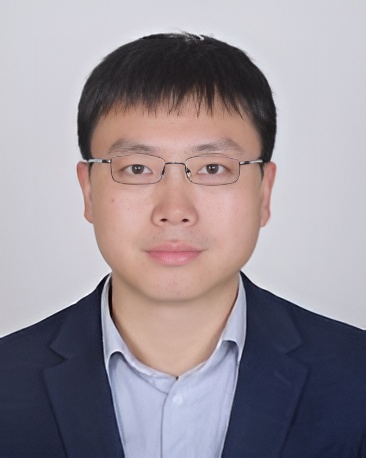 Prof. Shancheng Zhao IEEE Member Jinan University, China |
Biography: Professor Shancheng Zhao has long been engaged in research on efficient transmission theory and technology, accumulating extensive research experience in areas such as error-correcting code construction. He has published multiple papers in leading journals including IEEE Transactions on Communications and holds several invention patents. His research achievements earned him the Best Paper Award at IEEE GlobeCom 2015, a flagship conference in the communications field. His research group currently focuses on intelligent communication and information processing technologies, including statistical learning-based decoding.

